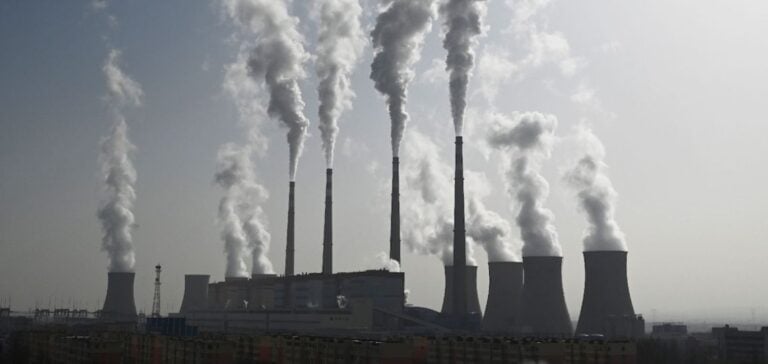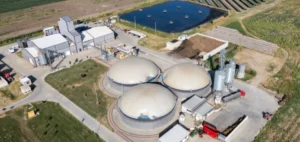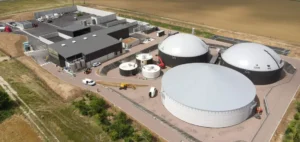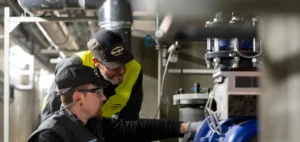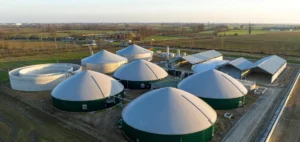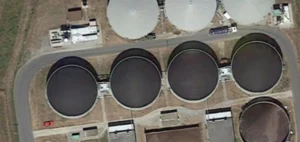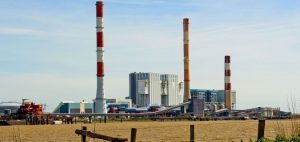At the 20th Third Plenum on July 15, China’s National Development and Reform Commission (NDRC) announced an initiative to test decarbonization technologies in coal-fired power plants. This project includes co-combustion with biomass and ammonia, as well as carbon capture and storage (CCS). As the world’s largest emitter of greenhouse gases, China is seeking to reduce the carbon intensity of its thermal power plants, which are responsible for over 40% of its emissions. Paradoxically, China is the leader in renewable energies.
Emissions reduction targets
The aim of this initiative is to reduce the carbon intensity of coal-fired power plants by 20% by 2025 and by 50% by 2027, compared with 2023 levels. The NDRC pointed out that these reductions could bring emissions from coal-fired power plants closer to those from natural gas-fired plants. Recommended technologies include blending coal with biomass, blending with green ammonia produced from renewable hydrogen, and using CCS technologies.
Involvement of the provinces and public companies
The NDRC has asked provincial governments and state-owned enterprises to propose pilot projects for this initiative. Until now, biomass and CCS technologies have been tested individually by companies and provinces, but this is the first time they have been deployed in a centralized national program. Projects must incorporate more than 10% biomass and green ammonia in their fuel mix, and take advantage of the renewable energy mega-projects under construction in China’s remote deserts to produce green ammonia.
Financial and regulatory support
The NDRC has also called on financial institutions to support these pilot projects. The Third Plenum is being closely watched by financial markets for its major policy announcements, notably concerning the role of clean technology in China’s economic plan. This year, the central government is to focus on accelerating the deployment of decarbonization technologies in emission-intensive sectors.
Challenges and prospects
China has faced critical challenges in meeting its 14th Five-Year Plan targets of reducing carbon intensity by 18% by 2025 compared to 2020. Analysts point out that energy consumption rose sharply during the pandemic, and the drought severely reduced hydroelectricity production. Coal-fired power plants are also covered by the national Emissions Trading Scheme (ETS), which sets annual carbon intensity reduction targets.
The NDRC’s announcement could be seen as a call to action for the Ministry of the Environment, which is responsible for the carbon markets, to set more ambitious targets and finance these decarbonization technologies more rapidly through the carbon markets.
China is embarking on an ambitious path to test and integrate innovative decarbonization technologies into its coal-fired power plants, while overcoming regulatory and financial challenges to meet its climate targets.

